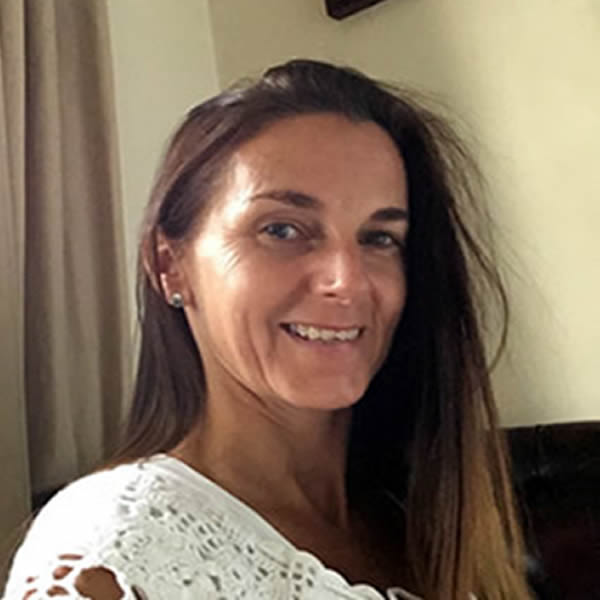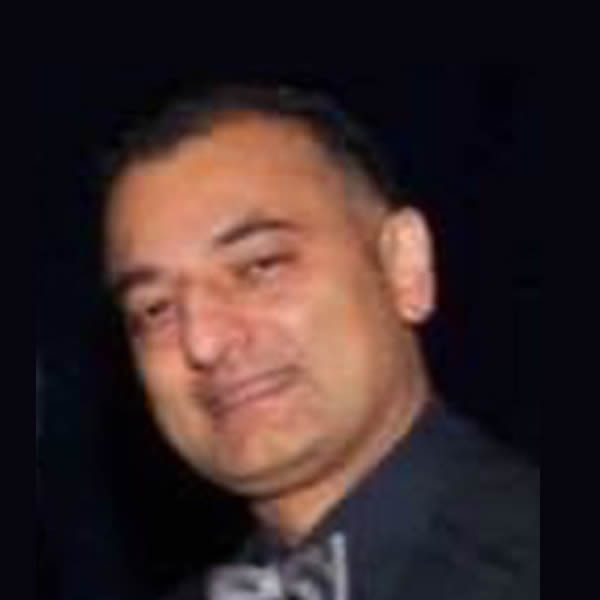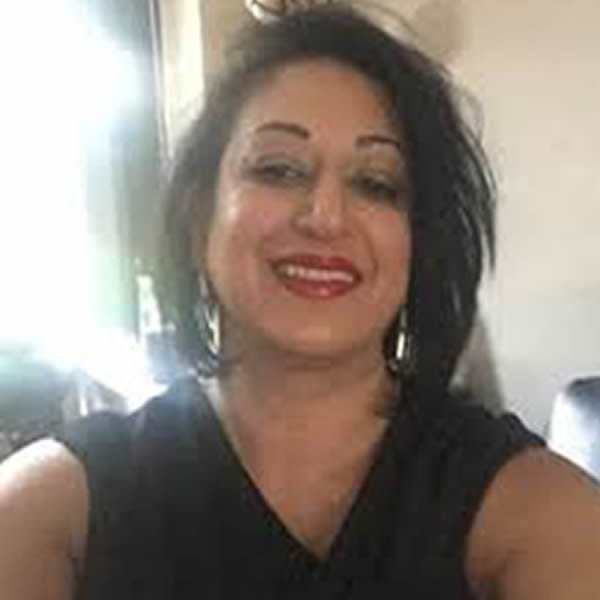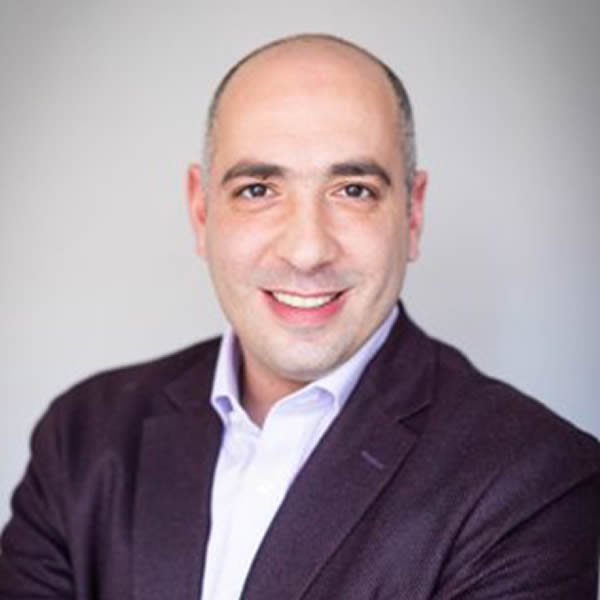Premenstrual Syndrome
Pre-Menstrual syndrome (PMS), also called Premenstrual Tension is a combination of monthly symptoms which occur in some women before their menstrual bleeding, which are often severe enough to badly affect quality of life before periods. These may include one or more of the following psychological and physical symptoms:
- Psychological: feeling of tension, irritability, tiredness, aggression or anger, low mood, anxiety, loss of confidence, weepy. There may be changes in sleep pattern, sexual desire and appetite. Relationship with others, especially with immediate family members may become strained because of these symptoms.
- Physical symptoms include: breast swelling, breast pain and tenderness, abdominal bloating, swelling of the feet or hands, weight gain, an increase in headaches. In some cases in sufferers, epilepsy, asthma, migraine or cold sores, may worsen before a period.
Profile of Women with PMS
PMS most commonly affects women between 30-40 years, but it is also possible in younger or older women. Most women can tell that a period is due by the way they feel both physically and mentally. For most, the symptoms are mild and do not cause much concern. However, these symptoms are severe in about 5% of women, affecting their day to day life, including work performance, ability to focus and concentrate on task, and also relationships, especially with friends and family.
Diagnosis
The diagnosis of PMS is based only on your symptoms, althoguh it is essential to have physical examination to exclude any incidental or associated findings. It can often be difficult to accept that the psychological or menatal spytoms are related to prenstrual symptoms, as most womne do not keep a record of such symptoms, until asked to do so, for example by their doctor or gynaecologist. Typically, symptoms start sometimes after ovulation, which occurs about two weeks before the start of a period, are worse during the seven days before a period and disappear within three to four days after your period starts.
Cause of premenstrual syndrome?
The cause of PMS is not known. However, PMS seems to occur mainly in menstrual cycles, during which ovulation – release of egg from an ovary – has occured. It is thought that women with PMS may be more ‘sensitive’ to the normal level of progesterone, which is produced into the bloodstream by the ovaries after ovulation. One effect of over-sensitivity to progesterone seems to reduce the level of a brain chemical (neurotransmitter) called serotonin. This may lead to symptoms, and may explain why medicines that increase the serotonin level work in PMS.
Treatment Options
Self-Help strategies are crucial in the treatment of PMS: Awareness helps to reduce anxiety about the symptoms. Keeping a diary helps to predict when symptoms are likely to occur, so that any alteration in lifestyle and schedule to cope with the symptoms can be made. For example, it may be possible to avoid an important business meeting or family event on the days when symptoms are likely to be severe. Discuss with those close to you, to help understanding and adjustment, Exercise regularly and frequently every week, Avoid some foods and drinks high in carbohydrates and caffeine. Avoid alcohol. There are some foods that are high in serotonin.
Understanding the problem, anticipating symptoms and planning a coping strategy are all that is required for many women. Some women find the self-help measures discussed above and such things as avoiding stress or doing relaxation exercises prior to a period can be enough. Various products are sold for the treatment of PMS, although there is a little evidence to support their use:
- Magnesium. Taking magnesium (200-400 mg a day) during the two weeks before a period may improve symptoms.
- Agnus castus (Chasteberry). This may provide some benefit in some women. It is claimed to work by restoring hormonal balance, by increasing the ratio of progesterone to oestrogen, by balancing excess oestrogen. Read more: http /en.wikipedia.org/wiki/Vitex_agnus-castus
- Calcium. Some studies have shown that taking calcium (1000-1200 mg a day) may improve premenstrual symptoms
Medical Treatments
These treatments have been shown in studies to be the most effective for women with PMS. Your doctor may recommend at least one of these treatments for you.
Selective Serotonin Re-uptake Inhibitors (SSRIs)
SSRI medications, for example fluoxetine, proxetine are commonly prescribed to treat more severe PMS. Although these medicines were first developed to treat depression, they have also been found to ease the symptoms of PMS. They work by increasing the level of serotonin in the brain (see above under “Causes”). Research suggests that taking an SSRI for just half of the cycle (the second half of the monthly cycle) is just as effective as taking an SSRI all of the time.
The combined oral contraceptive pill (COCP)
In theory, any medication, such as the pill which prevents ovulation should help PMS. This is because the release of progesterone into the bloodstream after ovulation seems to trigger symptoms of PMS. However, most pills do not help with PMS as they contain progestogen hormones (with a similar action to progesterone). A newer type of pill called Yasmin® contains a progestogen called drospirenone which does not seem to have the downside of other progestogens. If you have PMS and require contraception, then this pill may be a possible option to use for both effects.
Oestrogen
Oestrogen given via a patch or gel has been shown to improve symptoms. Oestrogen tablets are not effective though. However, you will also need to take progestogens if you have not had a hysterectomy. These can be taken as tablets or by having the intrauterine system (Mirena®) inserted. The doses of oestrogen in a patch are much lower than in the COCP, so a patch does not work as a method of contraception.
Other treatments
These treatments may be used sometimes in the treatment of PMS, although there is little evidence from research trials that they are effective:
- Gonadotrophin-releasing hormone analogues are drugs that can prevent ovulation. Although these often work well, side-effects commonly occur which limit their usefulness for PMS.
- Vitamin B6 (pyridoxine). This vitamin is part of a normal diet, but extra amounts (not more than 10mg per day) are thought to help with PMS. However, the evidence to support this is still conflicting. Vitamin B6 can be taken in the two weeks before periods, or every day.
- St John’s wort & Evening Primose Oil: are herbal remedies which can be bought from pharmacies. However, there is only very limited evidence that they are effective. Evening primrose oil may ease breast discomfort.
- Bright light. One study showed improvement in symptoms in some women with severe PMS who looked at bright light from a face mask for a time each day. This is a similar treatment to that used for a condition called ‘seasonal affective disorder’. The reason why bright light may help in PMS is not known. More research is needed to clarify if this is a useful treatment.
- Surgery to remove both ovaries prevents ovulation and is likely to cure PMS. However, it is a very drastic treatment and is therefore not done except in the most severe cases where nothing else has helped.
- Diuretics (‘water tablets’) – (spironolactone) may sometimes help reduce fluid retention and bloating.
- Non-steroidal anti-inflammatory painkillers (e.g. ibuprofen) may reduce painful symptoms.
Too Scanty and Spaced -out (Oligomenorrhea)
- An overactive thyroid function (hyperthyroidism) or certain kidney diseases can both cause hypomenorrhea. Oral contraceptive pills can also cause hypomenorrhea. It is important for women to know that lighter, shorter, or even absent menstrual periods as a result of taking oral contraceptive pills does not indicate that the contraceptive effect of the oral contraceptive pills is inadequate. In fact, many women appreciate this “side effect” of oral contraceptives.
Absent or Missed Periods (Amenorrhea)
- Amenorrhea is the name given to the condition that involves women experiencing no periods. It can occur in women of all ages but is most commonly found in those who are close to menopause. There are a number of conditions that can cause amenorrhea, and it is important that women experiencing it take action to sort it out before it develop into a more serious problem. Amenorrhea is often a sign of an underlying problem; therefore it is a good indicator that something is wrong with the body









Leave a Reply
Want to join the discussion?Feel free to contribute!